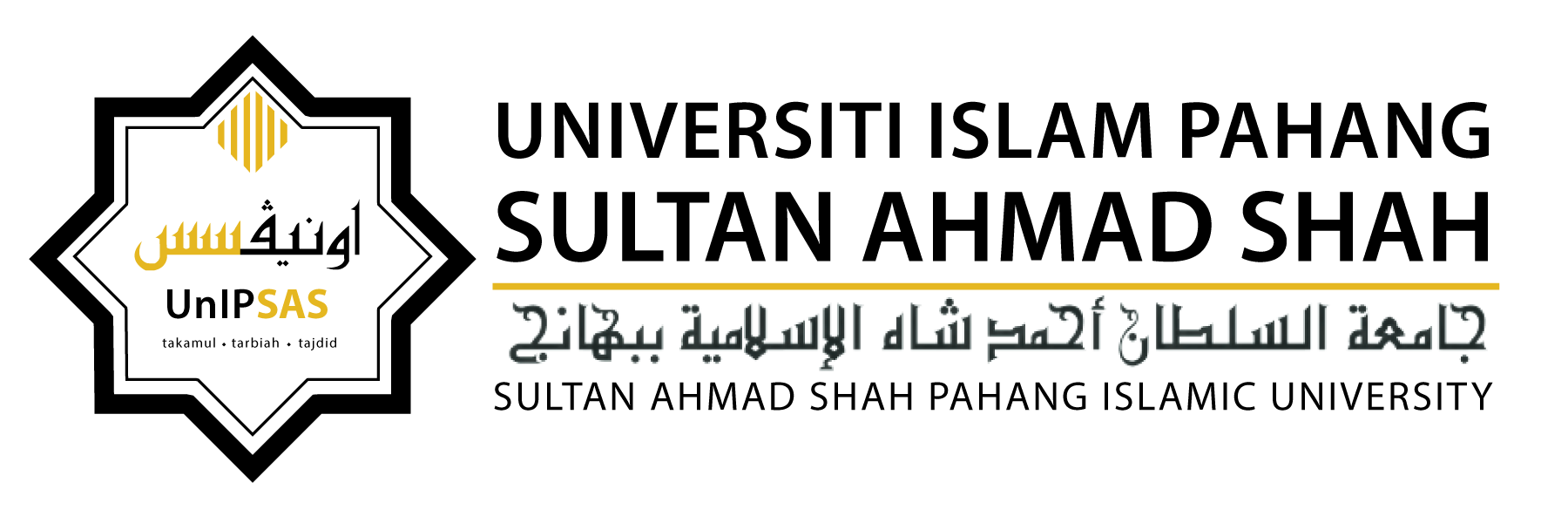THE POSITION OF THE PROPHET’S ATTRIBUTES IN JURISTIC DEDUCTION (ISTIDLAL) WITH THE HADIS
Keywords:
Hadith, Attribute, Juristic Deduction, Derivation of Ruling, Usul al-FiqhAbstract
The meaning of Hadith comprises of statements, actions, approvals, and attributes of the Prophet Muhammad (pbuh). It is one of the main sources in the legislation of Islamic laws which include Aqidah, Shariah and Akhlaq. As one of the evidences that indicates juristic rulings, the Hadith is considered as the basis for juristic deduction (istidlal) and derivation of ruling (istinbat). But the problem is, what is the position of the Prophet’s attribute which is one of the components of the Hadith in the process of juristic deduction (istidlal)? Are the Prophet’s attributes comparable to His sayings, actions, and approvals in denoting juristic rulings? Why do scholars differentiate between the way of dealing with attributes and other components of the Hadith in juristic deduction (istidlal) and derivation of ruling (istinbat)? What is the accurate method to interact with the Hadith which encompasses the Prophet’s attributes? This study aims to find and provide answers to the above questions, with reference to the discussions deliberated in the discipline of Usul al-Fiqh. The importance of this study is demonstrated in differentiating the components of the Hadith which leads to separating the method dan technique in dealing with this legal evidence, with special reference to the component of the Prophet’s attributes. This study relies on two methods, which is inductive method in collecting and gathering related data, and deductive method in analyzing and examining the collected data.





